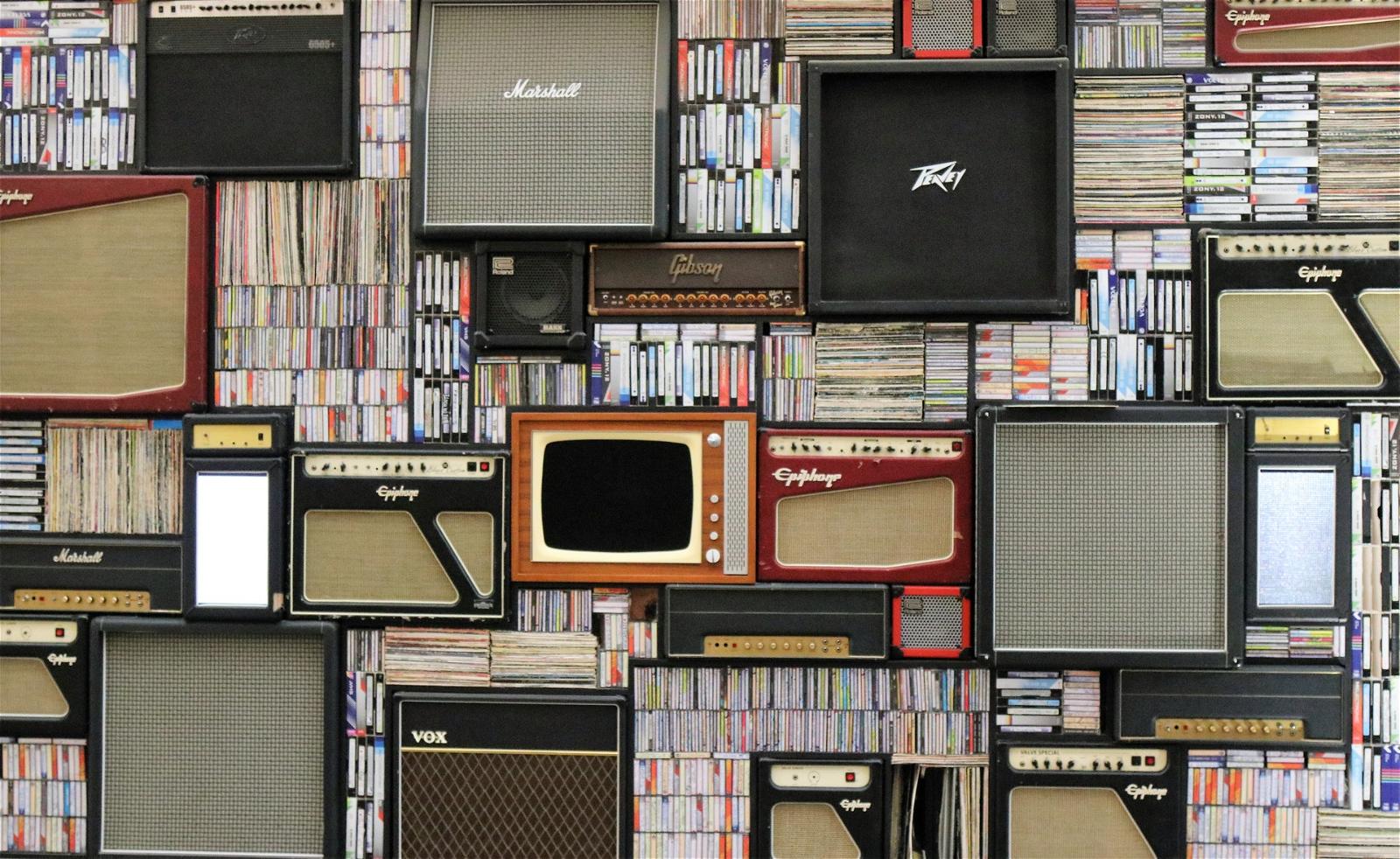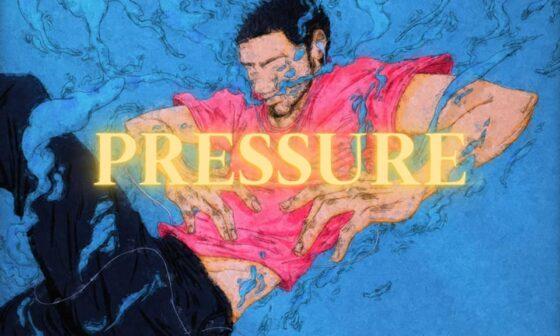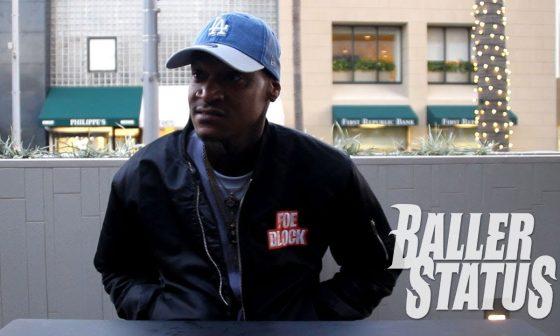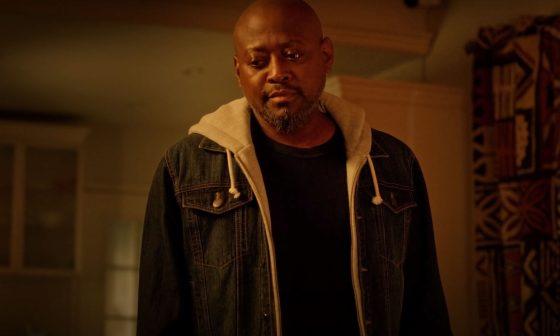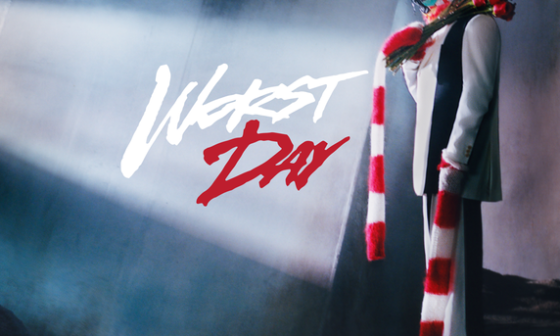Independent musicians have typically relied on performances and live gigs to market themselves in ways of building a fan base and following. Since the pandemic hit, it became tough for musicians to perform live anywhere, which has contributed to the fall of music careers as a whole.
What most musicians don’t know is that there is another profitable and digital way that can provide them with not only networking but possibly granting them access to high-up executives in record labels. It’s called Music Licensing, and it can be a really great way for struggling independent artists to still reach people with their music.
But what is music licensing, exactly?
MUSIC LICENSING 101
There is that worrisome part of you that might think if you turn to something like this in your music career, you’re becoming more of a ‘sell-out’ or aren’t staying relevant as an artist. That is more of a biased opinion, and objectively, music licensing can actually help musicians to find more drive in their careers.
So the key to music licensing is knowing this – when you record a piece of original music, there are two license types that someone would need to have permission for:
- The composition of the music; and
- The actual recording (performance) of the music for distribution.
This, in addition to a contract or agreement between you and the licensee for use of your music for a particular project, can sometimes become really confusing. You may want to utilize an attorney to help you with your understanding when you go about licensing, but in some cases, it can be hard to promote your music without a platform.
Creatives and producers who want to license music for your projects in a particular way, such as for commercials or streaming ads, don’t always like to go ‘off the cuff’ and work with an indie artist they are unfamiliar with. This is why sometimes it is more beneficial for indie musicians to sign with a music licensing company – especially one that works to amplify indie voices.
MUSIC LICENSING WITH AN AGENCY
Exploring the pros and cons of signing with a music licensing agency are important for consideration when it comes to various outside influences. Sometimes you know well what your fans might think about your transition to more digital music recordings, or how well-received your original music might be for particular uses, depending on things like style, genre, etc.
Here is are a few things that you might want to, or should consider for yourself as an artist before signing with an agency:
The Agency Itself – What makes up the agency you are considering for distribution, and what sort of promotional products or services do they offer? This is important to identify if you want to be tied to their mission or ways.
The Licenses – In terms of the agency and its affiliates, what sort of musicians have been recognized through them? Is it of your same genre? What sort of advertisements, television, films, or games was their music heard on? These are things you might also want to think about, or even ask the agency about more in-depth, in case there are specific brands, products, etc. that you don’t want your music utilized for.
Exposure & Network Building – This is really relevant for music licensing because typical agencies will have multiple forms of music and tracks within their given library. This makes it easy when a business or producer wants to go in and find their perfect music, and if they have a solid reputation, that music could very well be yours, giving you the exposure that you seek.
MUSIC LICENSING KNOW-HOW
When you have gone through all of your lists on whether or not to license, hopefully, you have discovered that it can be a very lucrative way to make income as an independent musician.
There are a couple of more important things you should keep in mind when you are at the point of being ready to sign with an agency:
Fees – Make sure you have knowledge of the fees to both the agency and yourself upfront. If the percentage of what the agency is going to take may not even give you a solid profit, you may want to look for another agency to license your music for distribution so that you can make it worthwhile.
You should also know that when creatives ask to license your music, the fees are negotiable, meaning, you can ask for more money if you feel it is appropriate. Don’t be shy, because sometimes you can develop strong relationships with specific businesses or people who want to use your music for more than one project, which can attribute to multiple licenses and more money for you in the long-term.
Copyrights – You need to be sure that your music is owned by you, and you have the copyright. It is possible if you collaborate with other musicians for tracks to split ownership, but keep in mind that for someone who wants to license it, they have to get all parties’ permission to use the music.
You should also be sure to register your song with a Performing Rights Organization (PRO). You only have to do this once, and there is more than one PRO that you can register with.
Keep Your Tracks Organized – Metadata information is used by all licensing sites, so be sure you keep your own catalog of your music, especially if you are planning to license it to more than one agency for use.
Be sure you do your research and feel prepared before you sign with an agency to distribute your music, and you feel confident about your ability to follow their guidelines or restrictions if they have any. Music licensing can be a fruitful way to improve your music network, and can also be a great stepping stone to a full-time music career.
